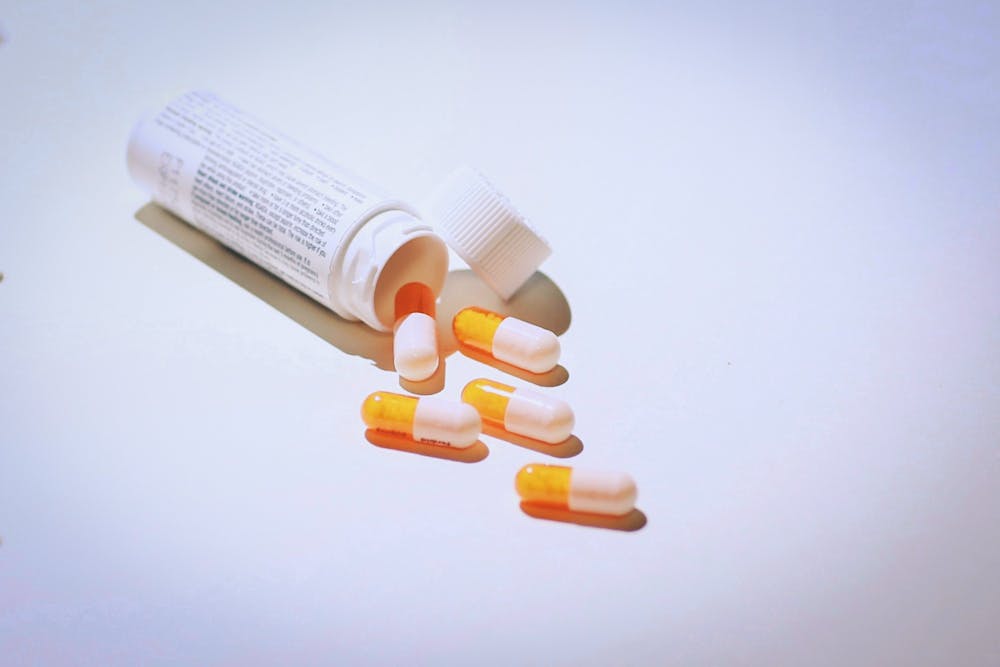
12% of individuals receiving cardiac device implants develop persistent opioid use, according to a Penn Medicine study.
Credit: Jesse ZhangA new study conducted by Penn Medicine found that about 12% of patients who fill an opioid prescription following common cardiac device implants develop persistent opioid use after.
The study revealed that even common, low-risk implants such as pacemakers or defibrillators are contributing to the national opioid crisis. The findings, supported by the Mark Marchlinski EP Research and Education Fund, are published in Circulation.
Researchers collected data from a national insurance claims database of adult patients who underwent cardiac implantable electronic device procedures from 2004 to 2018. From a total sample size of 143,400 patients, 15,316 patients filled out an opioid prescription within two weeks of their procedure.
Of those patients, 1,901 patients, or 12.4%, struggled with persistent opioid use, which is defined as filling out an additional prescription one month to six months after a medical procedure. These individuals did not have a history of opioid use.
Only 5.4% of patients without an initial prescription struggled with persistent opioid use.
Researchers also found that patients receiving an initial dose exceeding 18 tablets of five-milligram oxycodone exhibited an increased risk for developing persistent opioid use.
Senior author David S. Frankel, associate professor of Cardiovascular Medicine and the director of the Cardiac Electrophysiology Fellowship Program at Penn, said he wants physicians to be aware that no procedure is safe from the risk of opioid dependence, and warned against excessive prescriptions.
“We’re still in the midst of a very lethal health crisis with opioid overdoses, and prescription opioids are often the initial exposure,” Frankel said in a Penn Medicine news release. “Opioid dependence isn’t something that you as the provider can predict; it’s better to assume that anyone could be susceptible.”
The new findings recommend lower opioid doses at discharge, alternative pain-relieving strategies such as an extended anesthesia period during the procedure, or other medications like Tylenol or Advil. Frankel also noted that it should be made clear to patients to expect a few days of post-procedure pain.
This recent discovery is another case of medical procedures contributing to opioid addiction. In 2019, a different study conducted by Penn Medicine found that eye surgeries leading to opioid prescriptions doubled between 2000 and 2014. The series of studies is part of Penn Medicine’s new Addiction Center of Excellence, which opened in 2019 to combat the opioid crisis through radiology and psychiatry research.
Correction: A previous version of this article stated that about 12% of patients who receive common cardiac device implants develop consistent opioid use when in fact it is about 12% of patients who fill an opioid prescription following the implants. The DP regrets the error.
The Daily Pennsylvanian is an independent, student-run newspaper. Please consider making a donation to support the coverage that shapes the University. Your generosity ensures a future of strong journalism at Penn.
Donate







